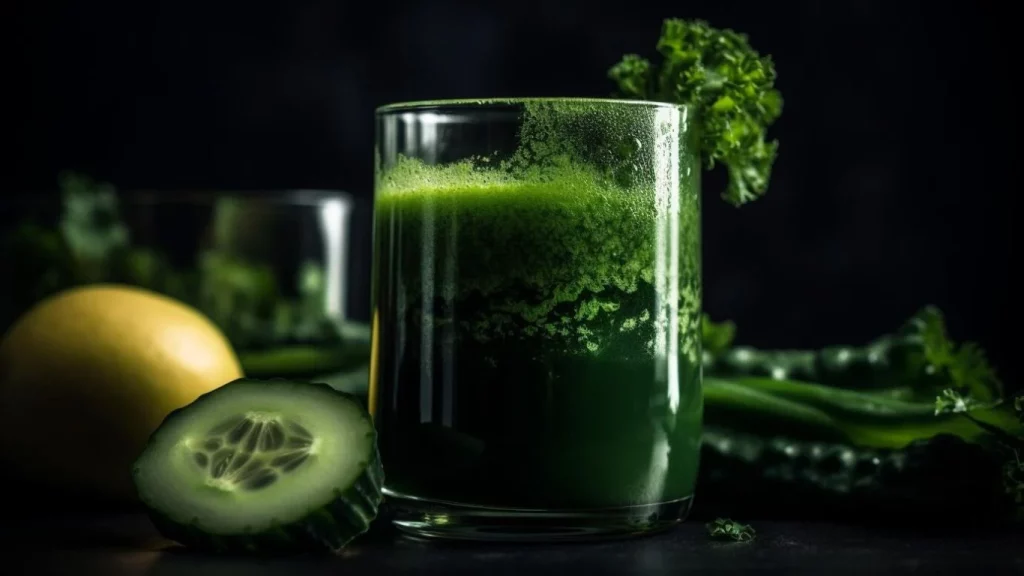Spinach, the verdant hero of the vegetable kingdom, not only graces our plates with its vibrant green hues but also boasts an impressive array of nutrients. In this exploration of spinach nutrition, we unravel 10 fascinating facts that showcase the remarkable health benefits and culinary versatility of this leafy green.
Spinach Nutrition (10 Facts)
These are the 10 effective fact Spinach Nutrition are given below:
1 – A Powerhouse of Nutrients
Spinach stands as a nutritional powerhouse, providing a dense concentration of essential vitamins, minerals, and antioxidants. Its nutrient density makes it a valuable addition to a balanced and health-conscious diet.

2 – Vitamins Galore
Among the multitude of vitamins found in spinach, vitamin A, vitamin C, and vitamin K take the spotlight. These vitamins contribute to immune function, collagen synthesis, and bone health, respectively.

3 – Rich in Antioxidants
Spinach is rich in antioxidants, including beta-carotene and lutein, which play a crucial role in neutralizing free radicals. Antioxidants contribute to cellular health and protect the body from oxidative stress.

4 – Cardiovascular Health Support
Regular consumption of spinach has been associated with cardiovascular health benefits. The combination of potassium, folate, and antioxidants in spinach contributes to lower blood pressure and reduced risk of heart disease.

5 – Eye Health Booster
Lutein and zeaxanthin, prominent in spinach, are known for their positive impact on eye health. These antioxidants contribute to preventing age-related macular degeneration and maintaining optimal vision.

6 – Immune System Ally
Spinach, with its high vitamin C content, serves as an ally to the immune system. Vitamin C supports the production and function of immune cells, helping the body defend against infections.

7 – Versatility in Culinary Delights
Spinach’s versatility extends to the culinary realm. From salads to smoothies, soups, and stir-fries, spinach effortlessly integrates into a variety of dishes, adding a nutritional boost and vibrant flavor.

8 – Keto and Low-Carb Friendly
Spinach aligns seamlessly with ketogenic and low-carb dietary preferences. Its low carbohydrate content makes it a valuable ingredient for those aiming to maintain ketosis or reduce overall carb intake.

9 – A Pillar of Plant-Based Diets
For individuals following plant-based and vegan lifestyles, spinach emerges as a pillar of nutrition. Its incorporation into diverse dishes ensures a rich supply of essential nutrients without compromising dietary principles.

10 – Handling Spinach with Care
To maximize the nutritional benefits of spinach, proper handling and storage are essential. Selecting fresh spinach, washing it thoroughly, and employing appropriate storage techniques ensure the preservation of its crispness and nutrients.

Conclusion
As we unravel the 10 fascinating facts about spinach nutrition, it becomes evident that this leafy green is more than a mere ingredient—it’s a nutritional marvel. From supporting heart health to boosting the immune system and enhancing vision, spinach emerges as a versatile and indispensable component of a healthy diet.
FAQ’s
Spinach is highly nutritious, packed with essential vitamins and minerals such as vitamin A, vitamin K, iron, and folate. It’s also rich in antioxidants and fiber.
Spinach supports overall health by promoting cardiovascular health, aiding in digestion, and providing essential nutrients that contribute to various bodily functions.
Spinach is low in calories, making it an excellent choice for those looking to maintain a healthy weight. One cup of raw spinach contains only about 7 calories.
Spinach is a good source of vitamin K, which plays a crucial role in bone health by aiding in calcium absorption and bone mineralization.
